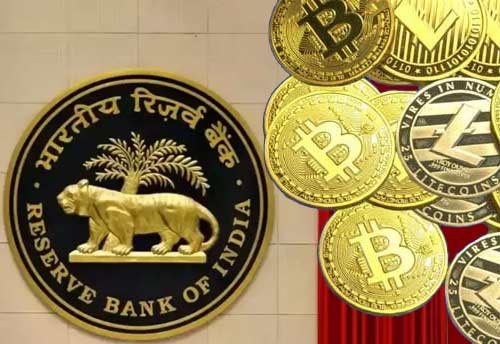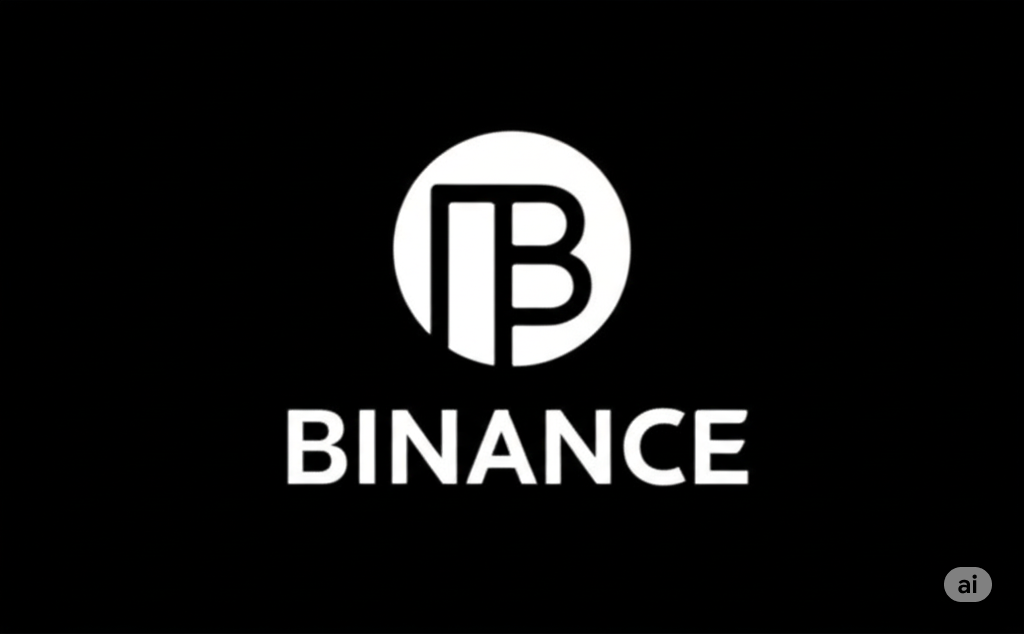The emergence and rapid growth of cryptocurrencies have sparked global debates, and India is no exception. At the heart of this discussion in India lies the Reserve Bank of India (RBI), the nation’s central banking institution. Understanding the RBI’s perspective on cryptocurrencies is crucial for anyone operating within or observing the Indian financial landscape. This blog delves into the RBI’s evolving views, concerns, and regulatory approaches towards these digital assets.
Early Reservations and Concerns:
From the outset, the RBI has expressed significant reservations about cryptocurrencies. Their primary concerns have revolved around:
- Financial Stability: The high volatility and speculative nature of cryptocurrencies pose risks to overall financial stability. Unregulated growth could potentially impact the traditional banking system.
- Investor Protection: The lack of a central issuer and the inherent risks associated with these digital assets leave investors vulnerable to significant losses and fraudulent activities.
- Money Laundering and Terror Financing: The perceived anonymity of some cryptocurrencies raised concerns about their potential use in illicit activities.
- Impact on Monetary Policy: The widespread adoption of private cryptocurrencies could potentially undermine the RBI’s control over monetary policy and the nation’s currency.
These concerns led the RBI to issue circulars in the past, notably in 2018, which effectively prohibited banks and other regulated entities from providing services to cryptocurrency exchanges and related businesses. However, this ban was later struck down by the Supreme Court of India in 2020.
A Shift Towards Cautioned Engagement:
Following the Supreme Court’s decision and the continued growth of the crypto market in India, the RBI has adopted a more nuanced but still cautious approach. While maintaining its underlying concerns, the central bank has acknowledged the potential for innovation and the increasing interest in digital assets.
Key aspects of the RBI’s current stance include:
- Emphasis on Regulation: The RBI has consistently stressed the need for a robust regulatory framework for cryptocurrencies to address the identified risks. They have been actively engaging with the government and other stakeholders to develop such regulations.
- Exploration of Central Bank Digital Currency (CBDC): Recognizing the potential benefits of digital currencies, the RBI has been actively exploring the possibility of issuing its own Central Bank Digital Currency. This is seen as a safer and more controlled alternative to private cryptocurrencies. The launch of the Digital Rupee (e₹) in pilot mode is a significant step in this direction.
- Persistent Warnings About Risks: Despite exploring CBDC, the RBI continues to caution the public about the risks associated with investing in private cryptocurrencies, highlighting their volatility and lack of underlying value.
- Focus on Financial Integrity: The RBI remains committed to strengthening KYC/AML procedures within the crypto ecosystem to prevent its misuse for illegal activities.
The Path Ahead:
The RBI’s view on cryptocurrency continues to evolve as the technology and the market landscape develop. The introduction of the Digital Rupee signals a proactive approach towards embracing digital innovation while maintaining control over the monetary system. The future regulatory framework will likely aim to strike a balance between fostering innovation and mitigating the risks associated with private cryptocurrencies.
For participants in the Indian crypto market, staying informed about the RBI’s pronouncements and the evolving regulatory landscape is crucial. Understanding the central bank’s concerns and direction will be key to navigating the future of cryptocurrencies in India.












Leave a Reply